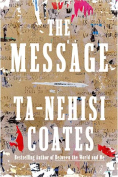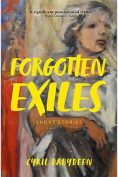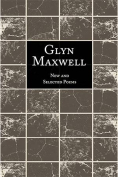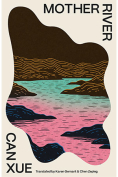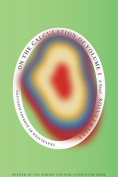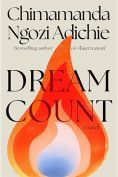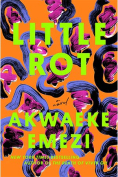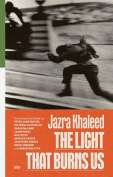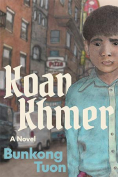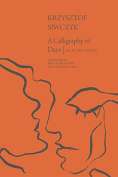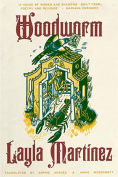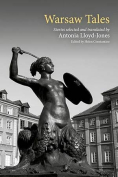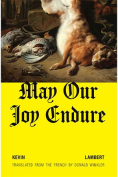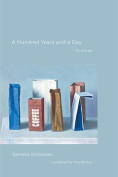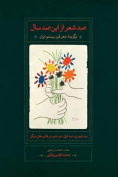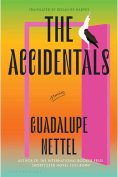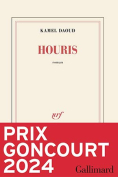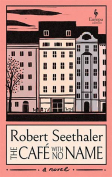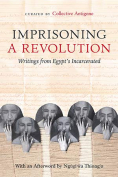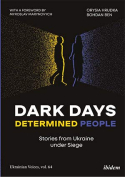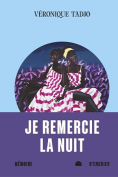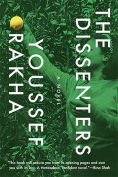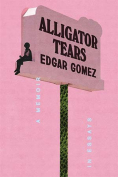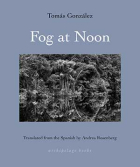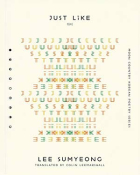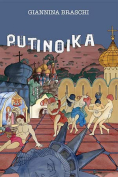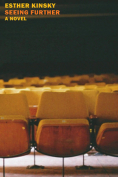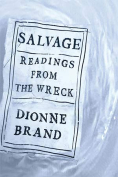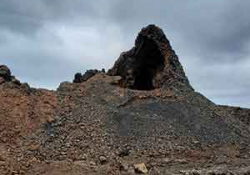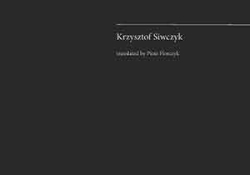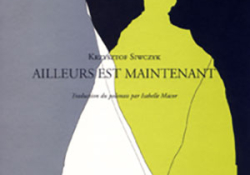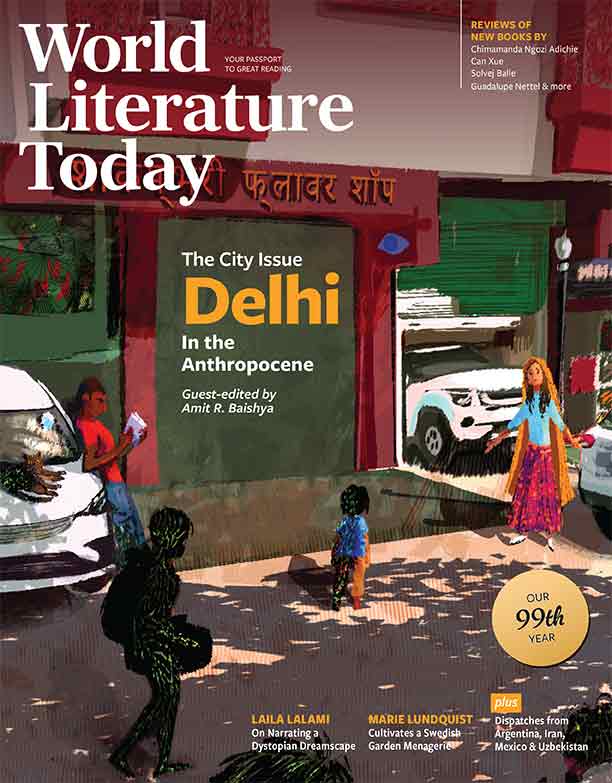A Calligraphy of Days: Selected Poems by Krzysztof Siwczyk
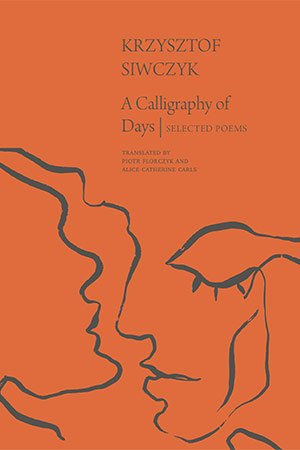
Calcutta. Seagull Books. 2024. 80 pages.
Born in 1977, Krzysztof Siwczyk is one of the young writers associated with a new era in Polish verse who made their poetic debuts shortly after the fall of communism in eastern Europe. His first volume described his urban childhood with documentary honesty, including small details that rang true with an audience that was ready for literature which did not idealize or fantasize. In the 1990s Polish literature went through a sea change, in which the everyday focus and casual idiom of American poetry was seen as a refreshing and exciting way forward, and Siwczyk was one of the poets who took this path most visibly.
Although he would change his style in the years that followed, becoming a poet known for his attention to language itself and a contemplative, dense, indeed “calligraphic” style, Siwczyk never abandoned his perspective upon the world around him. Jaded, ironic, yet also searching with poignancy and depth for a meaning that may or may not be there in the world around him, Siwczyk’s poems are appropriate to our contemporary moment and our contemporary world. Although he is known for demystifying the civilization he lives in, to a non-Polish reader, there is plenty of metaphysical thinking in his verse, and much mystery still present in the situations he depicts.
For instance, “Wild Kids” presents itself as a desacralized poem set in a chilly urban church; rather than delivering the expected lament upon God’s absence, however, it ends with a dramatic condensation of line and perspective until the potentially transcendent conclusion: “I wait / I listen.” In the cultural landscape of postcommunist Poland, this may have appeared a stronger statement of agnosticism or even disbelief than it does in English translation, when read in our social context: waiting and listening spread over the page and through the book, which wonders about the loss of faith in higher meaning rather than rejecting faith outright. Other poems are so brief as to appear like haiku or imagistic snapshots, allowing singular words and images to ramify outward on the page and in the reader’s thoughts.
The volume is appealingly slim, yet perhaps a brief introduction to Siwczyk would help to contextualize his achievement for non-Polish readers, especially given Siwczyk’s prominence as a poet, essayist, and actor within Poland. Part of the interest of this book is its variety of form and focus, and dividing the contents by date (or appending dates to poems when possible) would also help readers to see how Siwczyk’s style has developed through time. The translations are sensitive to the tone of the original Polish poems and read seamlessly: there is little sense of barrier between us and the original work, which is a testament to the translators’ skill.
This is a compelling selection that will surely invite more people to explore the work of a provocative yet thoughtful poet.
Magdalena Kay
University of Victoria
